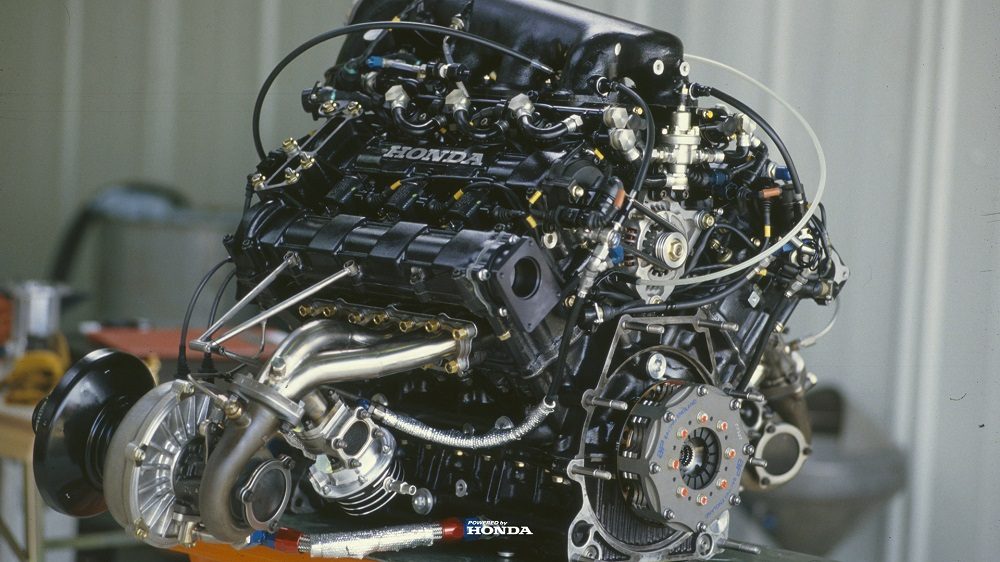Who Supplies F1 Engines in 2020?
Thanks to Netflix’s Drive to Survive series, Formula One has experienced an influx of new fans. But if you’re new to the sport, it may not be clear to you what engines the cars have under the hood, and who makes them.
In F1, constructors are required to develop and build their own chassis, but engines can be provided by other manufacturers. There are currently 10 constructors and four manufacturers that provide them with engines: Ferrari, Honda, Mercedes, and Renault. Honda is the only one that does not also compete as a constructor.
Since 2014, all F1 engines must be 1.6-liter V6 units with turbocharging and hybrid-electric technologies. They feature multiple energy recovery systems and have fuel flow restrictions. Despite many regulations governing specifications, there is great room for design experimentation, and the four engines offer varying performance, modes, and drivability.
Manufacturers Unite: Carmakers team up to make hand sanitizer because of COVID-19
Ferrari
Ferrari has more F1 experience than any other constructor or engine supplier. It has always produced engines for its own F1 cars and, since 1991, has supplied a variety of other teams ranging from Minardi to Red Bull Racing.
In 2020, Ferrari provides engines to Haas F1 Team and Alfa Romeo Racing. Since the 1951 British Grand Prix, Ferrari-powered cars have won 239 races.
Honda
Honda has had the most sporadic participation in F1 out of the four current manufacturers, sometimes competing as a constructor and sometimes solely as an engine supplier. Its most notable years were in the 1980s when it powered Williams and McLaren to multiple world championships.
In 2020, Honda is the only engine manufacturer without its own factory team in F1. It provides engines to Red Bull Racing and AlphaTauri. Since the 1965 Mexican Grand Prix, Honda-powered cars have won 76 races.
Mercedes
Mercedes enjoyed a limited but successful run in F1 as a constructor in the sport’s infancy, then left and didn’t return until 1994, when it provided engines to Sauber. It has been in the sport since and formed a new factory team in 2010.
In 2020, Mercedes provides engines to Racing Point and Williams. Next year, it will provide engines to McLaren as well, reestablishing an old partnership. Since the 1954 French Grand Prix, Mercedes-powered cars have won 193 races.
Renault
Like Honda, Renault has had success in F1 as both a constructor and a supplier. It won four championships with Red Bull Racing in the early 2010s, though their relationship soured and the engines were rebranded to TAG-Heuer before RBR switched to Honda.
In 2020, Renault provides engines to McLaren. In 2021, its factory team will be the only one to use Renault engines. Since the 1979 French Grand Prix, Renault-powered cars have won 177 races.
What Do Engines Need? Lifetime lubrication, of course!
Unfortunately, modern F1 engines are so complex and expensive to develop that it deters new manufacturers from joining. In 2026, new regulations are expected to simplify the engines and attract more competitors.
Kurt Verlin was born in France and lives in the United States. Throughout his life he was always told French was the language of romance, but it was English he fell in love with. He likes cats, music, cars, 30 Rock, Formula 1, and pretending to be a race car driver in simulators; but most of all, he just likes to write about it all. See more articles by Kurt.


